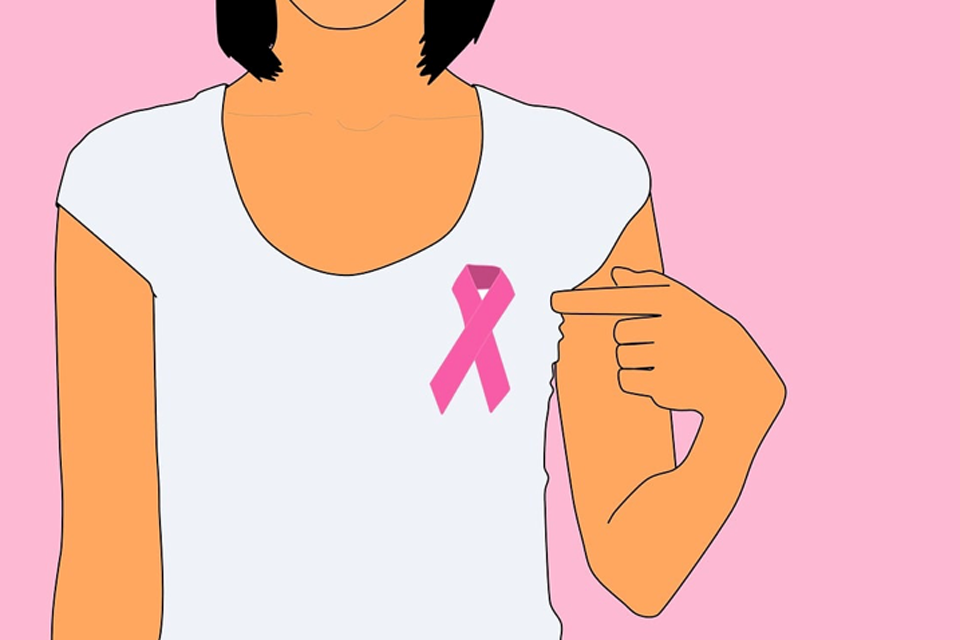Alberta is home to a wealth of resources, initiatives, and support networks dedicated to helping women navigate this challenging chapter in their lives.
In this three part series, Breast Cancer Care in Alberta, we will explore the diverse range of resources available in Alberta.
Breast Cancer Facts: Canada and Alberta
According to Canadian Cancer Society 2022 statistics, an estimated 28,600 Canadian women receive a breast cancer diagnosis per year, accounting for 25% of all new cancer cases in women. Around 5,500 women will lose their lives to breast cancer annually, comprising 14% of all cancer-related deaths among women. Each day, an average of 78 Canadian women will be diagnosed with breast cancer, while 15 women will succumb to the disease. Breast cancer also affects men, with an estimated 270 diagnoses and 55 deaths among Canadian men.
The Healthwise writers at My Health Alberta point out the distinction between average risk and women with the BRCA1 gene. The Healthwise report notes that 13 out of 100 Alberta women will develop breast cancer. Older women and those who have breast cancer history in their family are more likely to be affected. Women with the BRCA1 gene have a higher-than-average risk, with 72 Alberta women out of 100 diagnosed with breast cancer by age 80.
What are the BRCA1/BRCA2 Genes?
BRCA1 and BRCA2 are genes that help your cells grow normally. Sometimes, people get changes in these genes, aka, mutations. Any mutation in one of the BRCA genes produces a greater chance of getting breast (as well as some other kinds of) cancer.
BRAC genes can come from either side of the family (maternal or paternal). Mutations are not overly common, but if there is a family history of BRAC mutation, it is important to discuss screening with your doctor.
Breast Cancer Programs in Alberta
There are several programs in Alberta designed to support patients with breast cancer.
Comprehensive Breast Care Program (CBCP)
Patients enroled in the CBCP program receive a range of services aimed at providing timely care, accessible support, and minimal delays. The majority of the support is delivered over the phone and includes:
- Care coordination: Specialized nurse navigators with expertise in breast health and cancer facilitate the coordination of care for patients. They guide patients through the process, ensuring all necessary steps are completed.
- Diagnostic test coordination: Coordination of appointments for diagnostic tests, such as ultrasounds and biopsies.
- Patient education: Patients are provided with information to support their understanding of treatment options, empowering them to make informed decisions.
- Timely service providers: The program offers information on health providers or facilities that can deliver services promptly, ensuring patients receive care quickly.
- Access to medical experts: In complex cases, patients have access to medical breast experts who can provide additional insights and guidance.
- Support from clinical social workers: Cancer patients receive support from clinical social workers who help address emotional and psycho-social needs throughout the journey.
Throughout the process, the patient's family physician remains involved, receiving updates on diagnosis, treatment plans, progress, and follow-up care. Patients continue in the program until they begin treatment at a cancer center. If it is determined that patients do not have cancer or do not require further monitoring, they are discharged from the program. It's important to note that routine breast screening (mammography) or addressing general breast health concerns without abnormal imaging are not included in the program's scope.
Screening for Life
Screeningforlife.ca provides information and facts about mammograms. This information includes who should get screened, risk by age category, screening protocol for women with breast implants, what to expect from a mammogram, and so much more.
Breast Expressive Support Therapy (BEST) Group
The BEST group is for women and men with Stage IV metastatic breast cancer. This a support-only (no testing or medical intervention) group for patients in Calgary and south of Red Deer. Meetings are 1.5 hours weekly and be accessed by Zoom.
Breast Health Class for Patients Receiving Radiation Therapy
Patients in the Edmonton area who have started radiation can find support with the Breast Health Class. This class helps patients manage the side effects of radiation therapy. While those in Edmonton can attend in person, those outside of the city can attend virtually on Zoom. The class is one hour weekly and includes a booklet that patients can reference outside of class hours.
Reach Out for Support – You Are Not Alone
If you or someone you know is facing a breast cancer diagnosis in Alberta, there are various program options and guidance throughout the journey. Exploring these support systems will provide valuable support for you and your family.
This story was written for the Think Pink advertising feature. It is not written by and does not necessarily reflect the views of the editorial staff.




